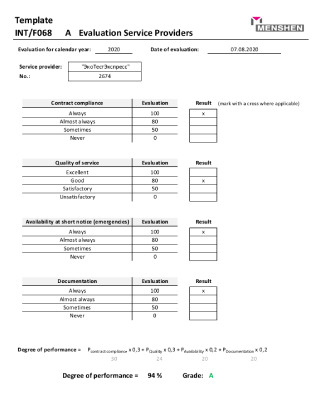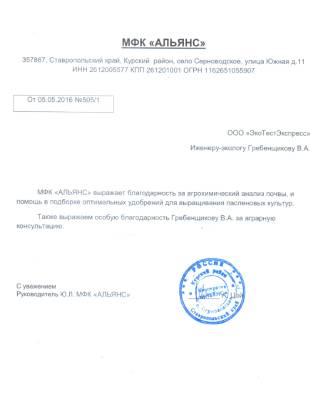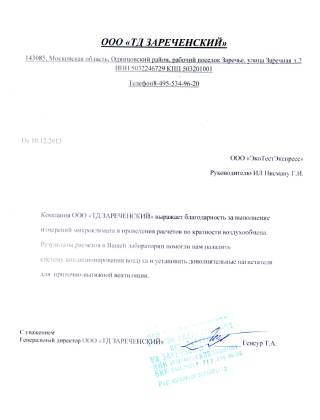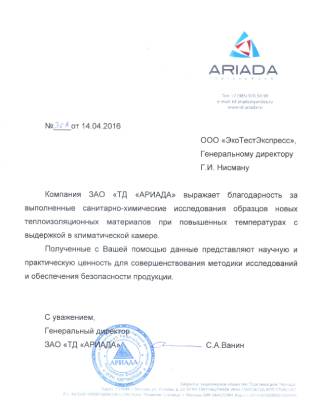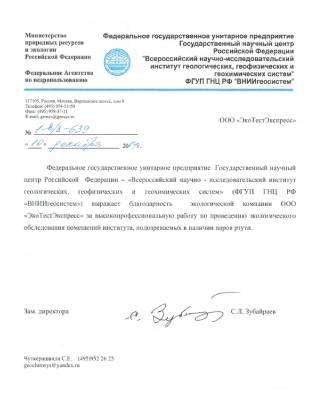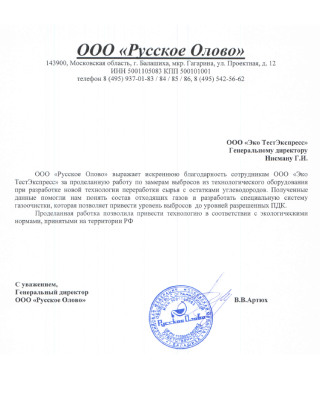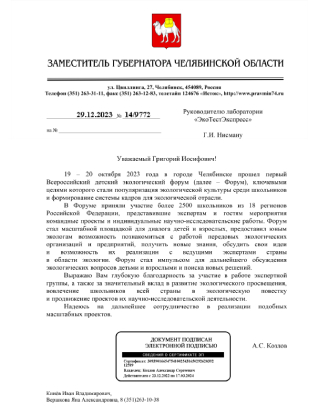- The Future of Gaming: Quantum AI Revolution
- The Fundamentals of Quantum AI
- Applications of Quantum AI in Gaming
- Challenges in Implementing Quantum AI
- The Future Landscape of Quantum AI in Gaming
- Quantum AI and Player Engagement
- The Role of Collaboration
- Conclusion: Embracing the Quantum Revolution in Gaming
The Future of Gaming: Quantum AI Revolution
The landscape of gaming is undergoing a significant transformation, largely fueled by technological advancements. Among these developments, one of the most groundbreaking is the integration of quantum AI. As we delve deeper into this era of innovation, the implementation of quantum computing in artificial intelligence presents an immense potential to enhance not only the gaming experience but also the efficiency of game development. This article will explore the various aspects of how quantum AI is reshaping the future of gaming.
The concept of combining quantum mechanics and artificial intelligence is not just a theoretical notion but an emerging field that is gaining momentum. Quantum AI can process vast amounts of data at an unprecedented speed, allowing for more complex and sophisticated algorithms. As a result, developers are poised to create more immersive and realistic gaming environments that engage players in ways previously thought impossible. This transformation is not limited to graphics and gameplay; it extends to enhanced decision-making capabilities within games.
Additionally, the rise of quantum AI enables personalized gaming experiences. By analyzing player behaviors and preferences, quantum algorithms can tailor experiences to individual users, making games more interactive and engaging. Players can expect their in-game decisions to influence narratives in real-time, creating a unique storyline for each gaming session. The implications of this technology are vast and warrant further exploration.
In the following sections, we will examine the technical foundations of quantum AI, its applications in gaming, and the challenges it faces. We will also investigate its potential benefits and how it might redefine the gaming industry. As we embark on this journey, let’s first understand the fundamentals of quantum AI and its implications for future advancements.
The Fundamentals of Quantum AI
At the core of quantum AI lies the fusion of quantum computing principles with artificial intelligence techniques. Quantum computing exploits the laws of quantum mechanics to process information in an entirely different way compared to classical computing. While classical bits are either 0 or 1, quantum bits, or qubits, can exist in multiple states simultaneously, allowing them to perform multiple calculations in parallel. This unique property of qubits is what gives quantum computers their tremendous processing power.
Understanding how quantum AI functions is critical for grasping its potential applications in gaming. Quantum algorithms can solve complex problems much faster than traditional algorithms, opening doors for advanced modeling and deep learning techniques in the gaming industry. For instance, developers can simulate intricate game environments with more realism and predict player actions with greater accuracy.
| Processing Speed | Exponential speedup | Linear speedup |
| Data Handling | Large datasets simultaneously | Sequentially |
| Complexity Management | Efficient resolution of NP-hard problems | Difficulty with complex models |
As depicted, quantum AI excels in processing capabilities, offering significant advantages over traditional AI methods. These fundamental differences enable developers to rethink how games are designed and executed, which paves the way for innovation. Next, let’s explore how quantum AI can be applied within the gaming community for both players and developers.
Applications of Quantum AI in Gaming
The applications of quantum AI in gaming are diverse and impactful. Developers harness the power of quantum algorithms to improve various aspects of game design, ranging from player interactions to game mechanics. One major area of application is in enhancing artificial intelligence for non-player characters (NPCs). With quantum computing’s ability to analyze data rapidly, NPCs can respond to player actions more intelligently, providing dynamic gameplay that evolves in real-time.
Additionally, the use of quantum AI extends to procedural content generation, which allows games to create environments, quests, and challenges that are unique to individual players. This not only enhances replayability but also fosters a more engaging gaming experience. As developers implement these technologies, the gaming landscape will inevitably shift, leading to new forms of storytelling and creativity.
- Enhanced NPC behavior: Realistic interactions based on player input.
- Dynamic world creation: Zones that adapt based on player choices.
- Smart matchmaking: Better player pairings according to skill level.
The implications of these applications are noteworthy. When implemented correctly, quantum AI can transform how players engage with games, leading to more immersive and satisfying experiences. As we continue to explore this technology, we will highlight both its benefits and the hurdles it must overcome.
Challenges in Implementing Quantum AI
Despite its vast potential, the integration of quantum AI in gaming is fraught with challenges. One of the primary obstacles is the current state of quantum hardware. Quantum computers are still in their infancy, and significant advancements in technology are needed to make them widely accessible to game developers. The intricate nature of quantum mechanics also poses complexities that developers must navigate to fully exploit its capabilities.
Moreover, developing algorithms that function efficiently on quantum systems remains a task of great technical difficulty. Game designers require not only a profound understanding of quantum mechanics but also the ability to translate classical programming principles into quantum logic. This necessitates a shift in skillsets within the gaming industry, which could take time to cultivate.
- Current hardware limitations: Technology still under development.
- Algorithm complexity: Requires advanced understanding of quantum mechanics.
- Skill transition: Need for developers to adapt to new programming paradigms.
These challenges highlight not only the technical hurdles that must be overcome but also the need for collaboration between fields. As researchers and developers work together, we can anticipate breakthroughs that will unlock the full potential of quantum AI in gaming.
The Future Landscape of Quantum AI in Gaming
As we consider the future of gaming powered by quantum AI, several trends and possibilities emerge. The most significant shift will likely involve an increased focus on artificial intelligence that can adapt and learn in a manner more akin to human cognition. Gamers can expect NPCs that are not just reactive but also proactive, capable of making decisions based on player strategies and adapting their behavior accordingly.
Additionally, player-driven narratives could become even more robust, with games that evolve dramatically based on a player’s choices throughout their journey. As quantum AI enhances these systems, stories may unfold in complex and unpredictable ways, creating a truly personalized experience unlike anything available today. The impact of this technology on social gaming, competitive play, and overall player engagement is profound.
Quantum AI and Player Engagement
Player engagement is a crucial element that can make or break a gaming title. With the integration of quantum AI, developers will have new tools at their disposal to captivate audiences. By analyzing player data at lightning speed, these systems will not only understand what players want but also predict their next steps in the gaming environment. This predictive behavior allows for a more seamless and enjoyable experience, making games feel more alive and responsive to individual play styles.
Furthermore, as players become more invested in highly personalized and unpredictable narratives, the social aspect of gaming is expected to flourish. Gamers will form deeper connections with both characters and stories, leading to more profound communal experiences. The synergy of advanced AI with player interaction will enhance game value and loyalty, resulting in thriving gaming communities.
The Role of Collaboration
Collaboration among gaming companies, tech developers, and researchers will be paramount in unlocking the potential of quantum AI. By working together, these entities can bridge the gaps in understanding and execution, leading to advances that push the boundaries of what is conceivable in gaming. Workshops, seminars, and joint ventures will be common as the industry strives to integrate quantum principles into mainstream development practices.
As more developers gain insights into quantum mechanics, we can expect an upsurge in innovation, allowing games to reflect the capabilities of modern technology. The gaming community will benefit from this collaborative approach, leading to richer experiences for players and a more diverse game portfolio in the years to come.
Conclusion: Embracing the Quantum Revolution in Gaming
The ongoing exploration of quantum AI signifies a revolutionary shift in gaming. As developers, players, and industries embrace this technology, the way we perceive and interact with games will change irrevocably. The benefits, applications, and challenges outlined in this article pave the way for a new future in gaming where innovation reigns supreme. With every advancement, we move closer to a landscape filled with intelligent, adaptive, and immersive gaming experiences that captivate players and redefine the concept of play.











